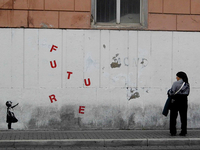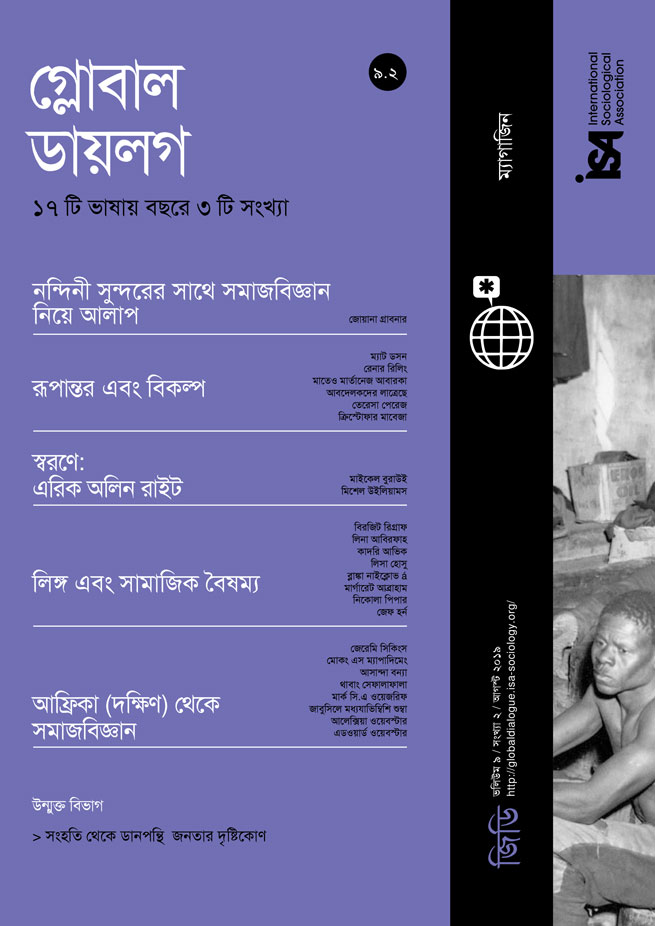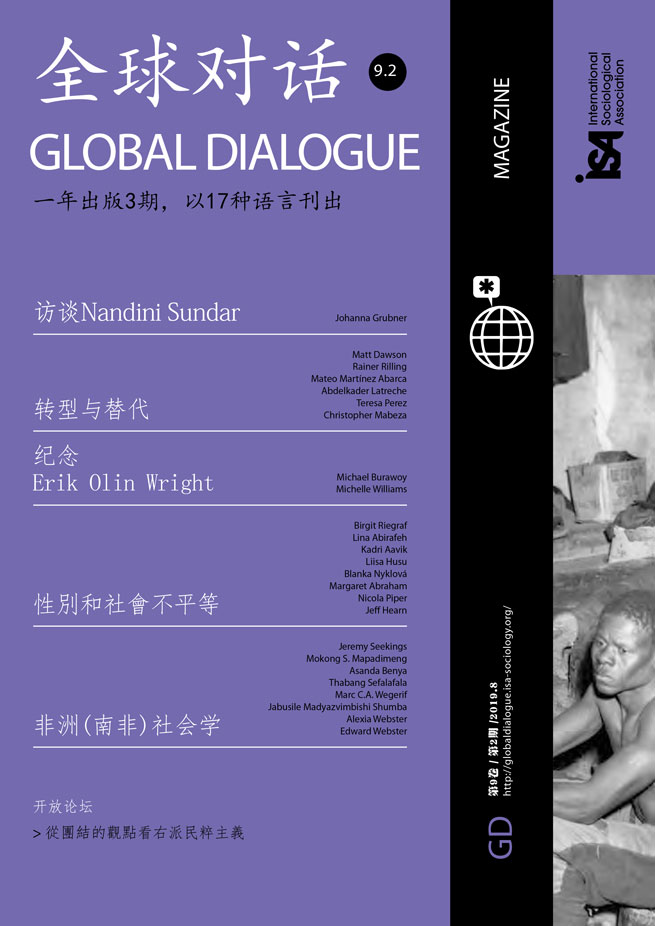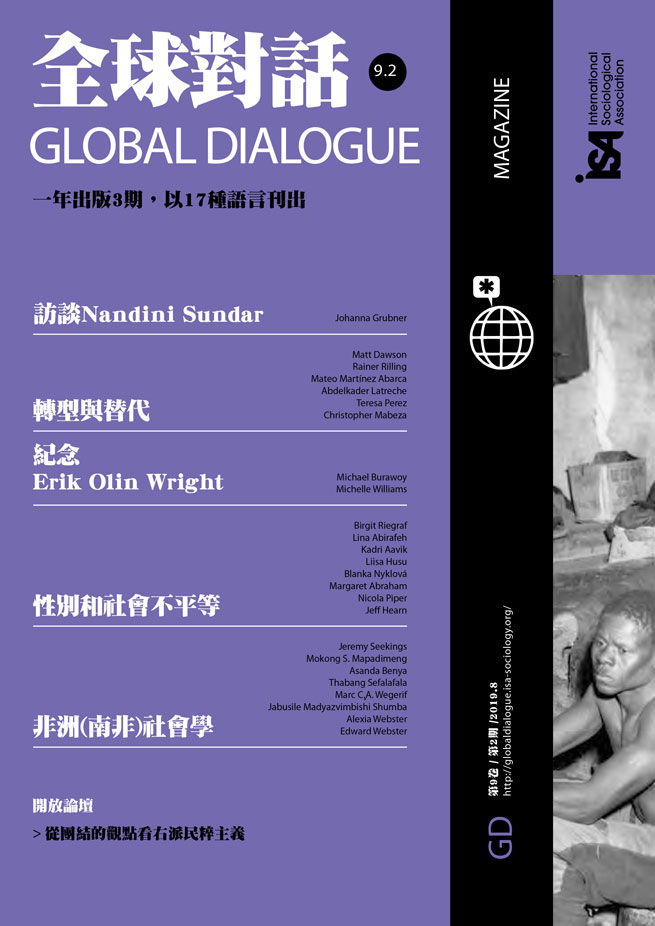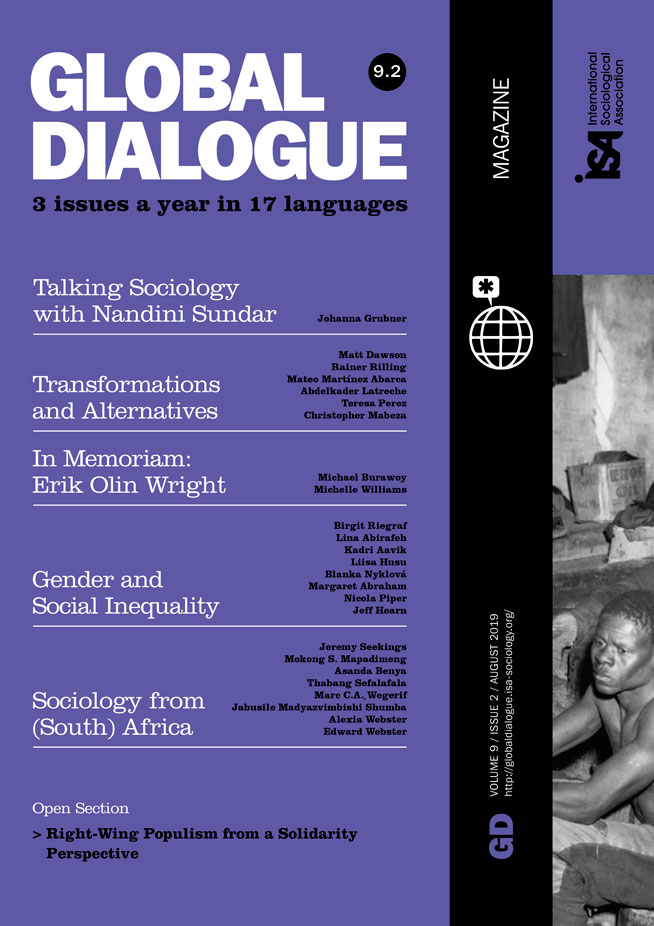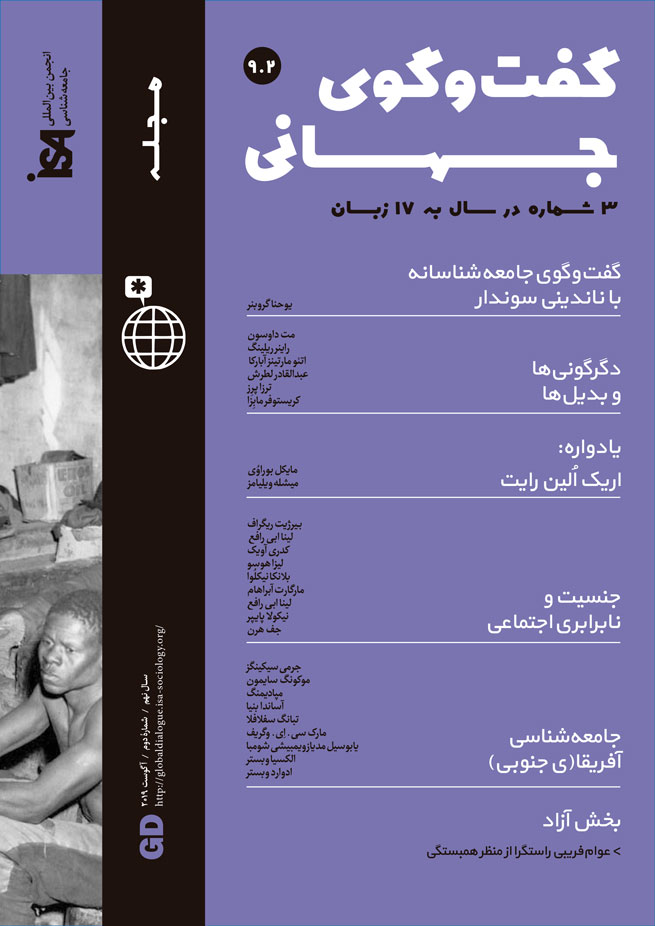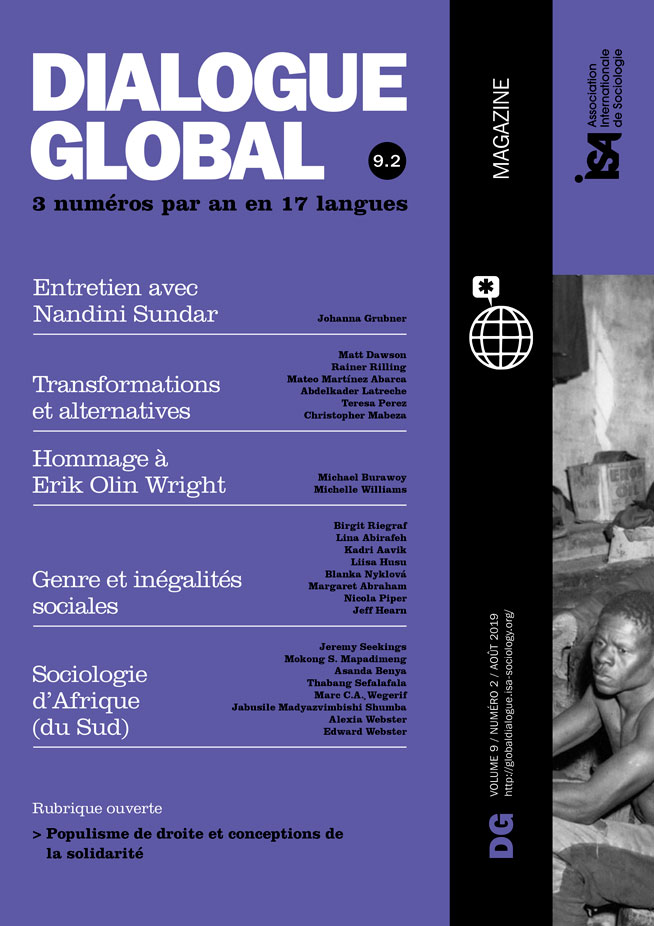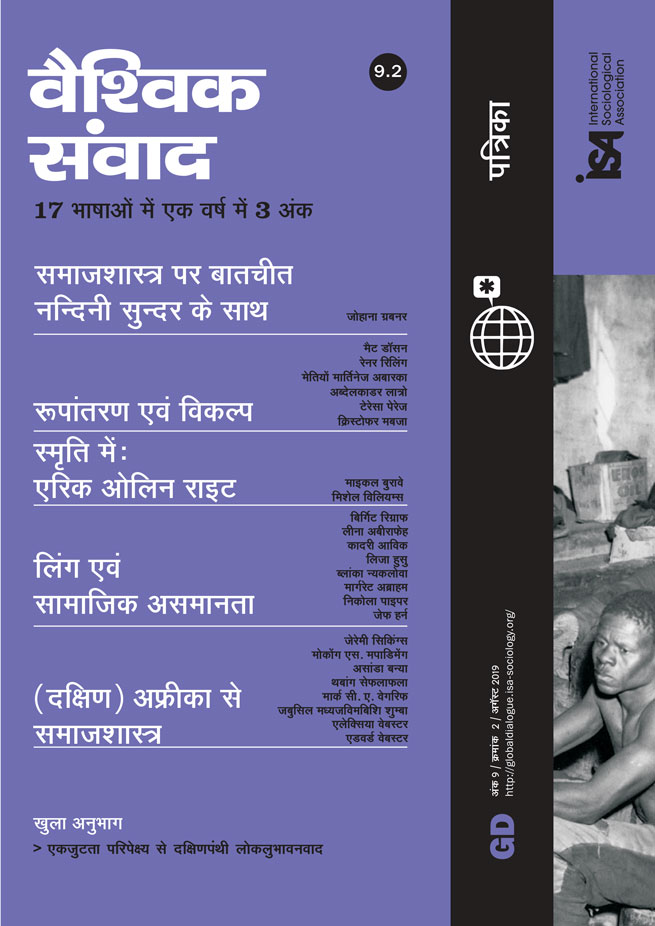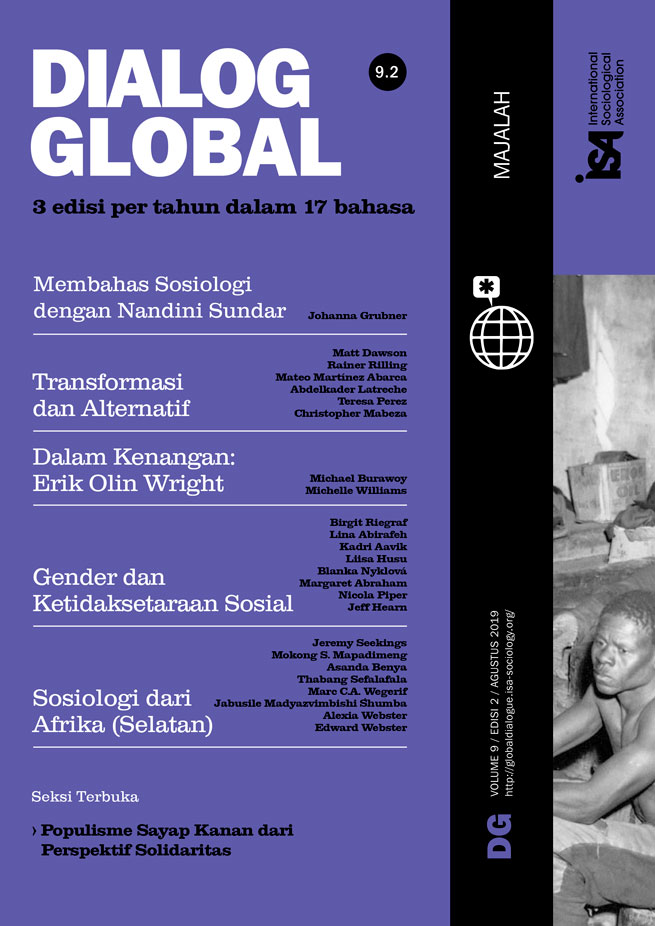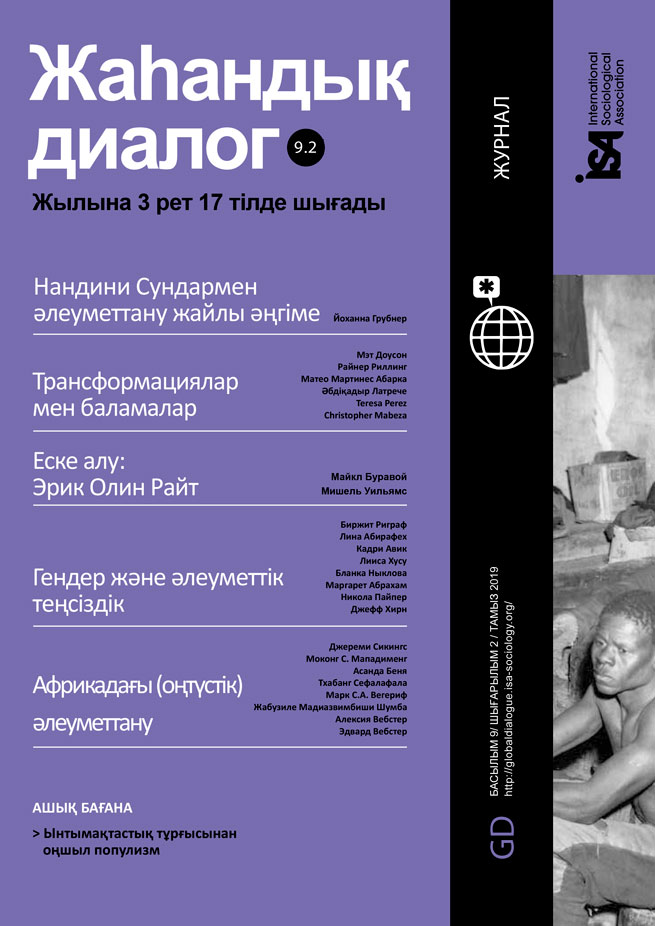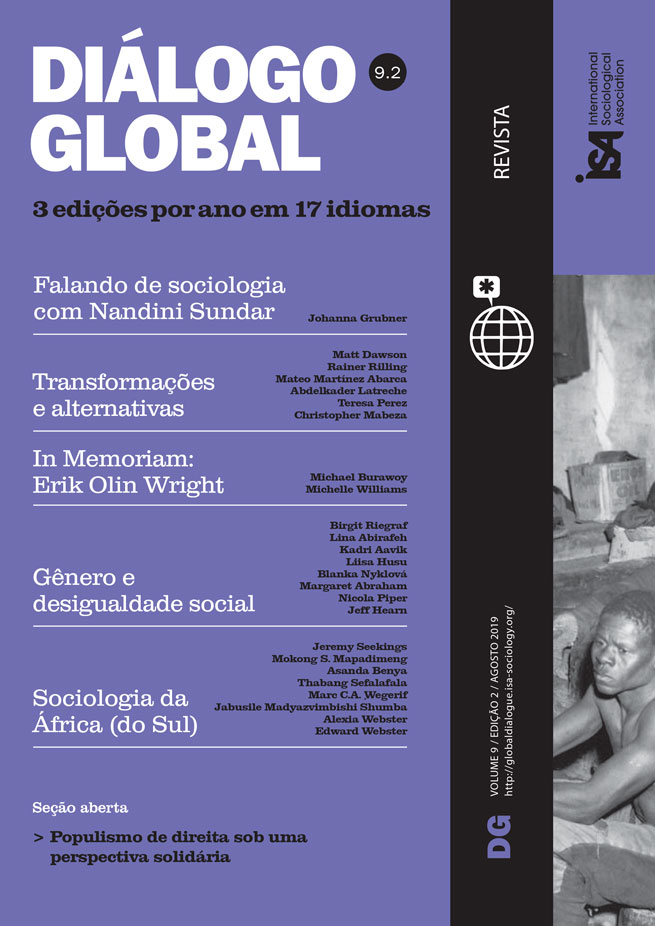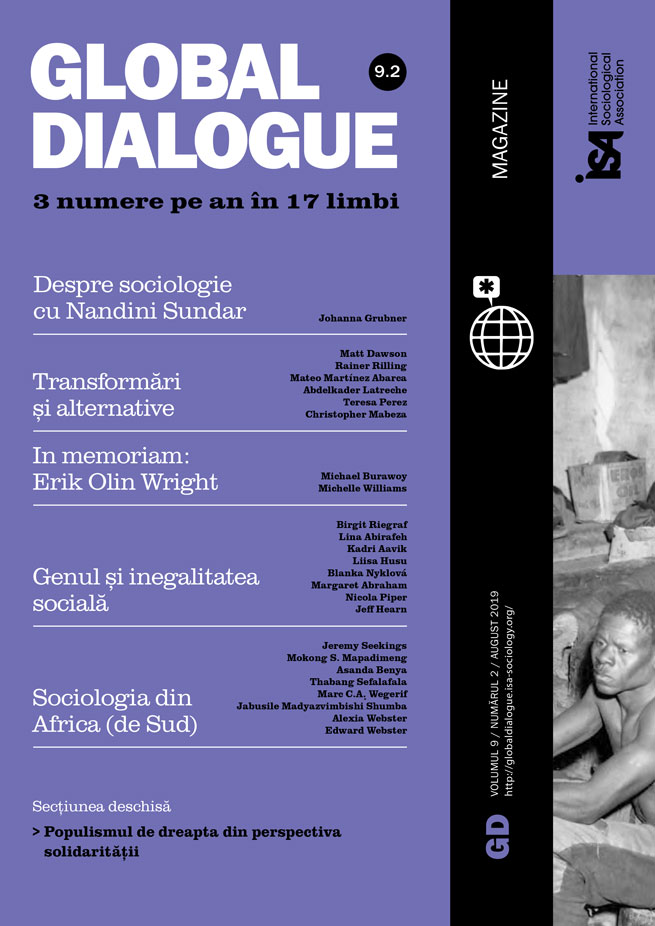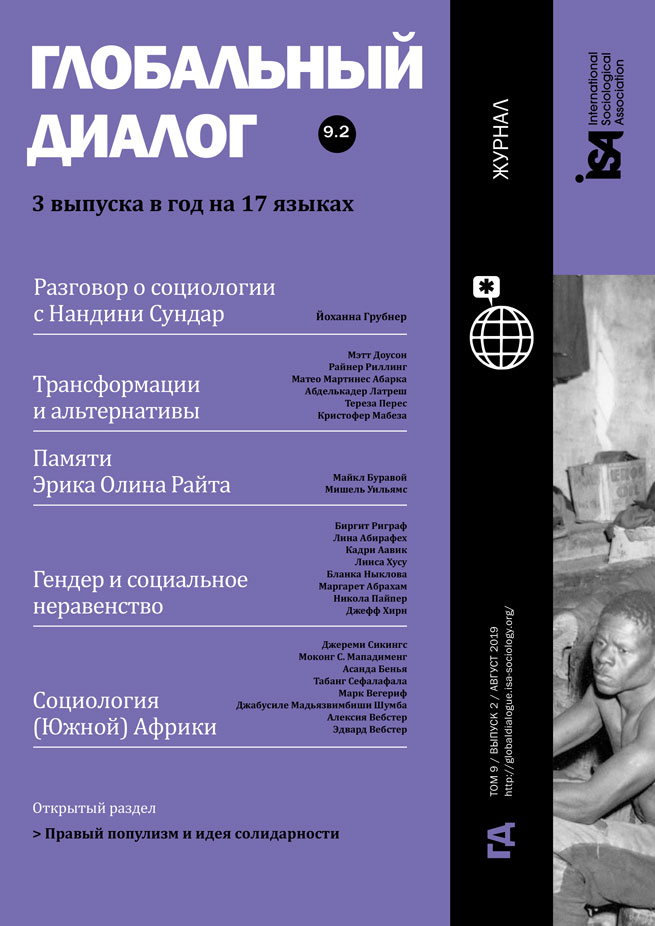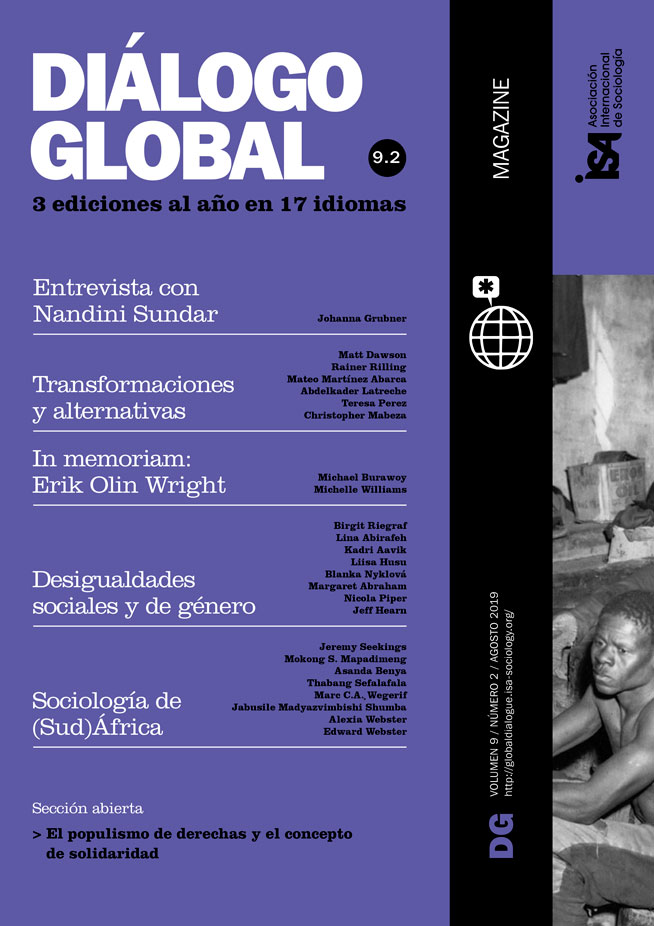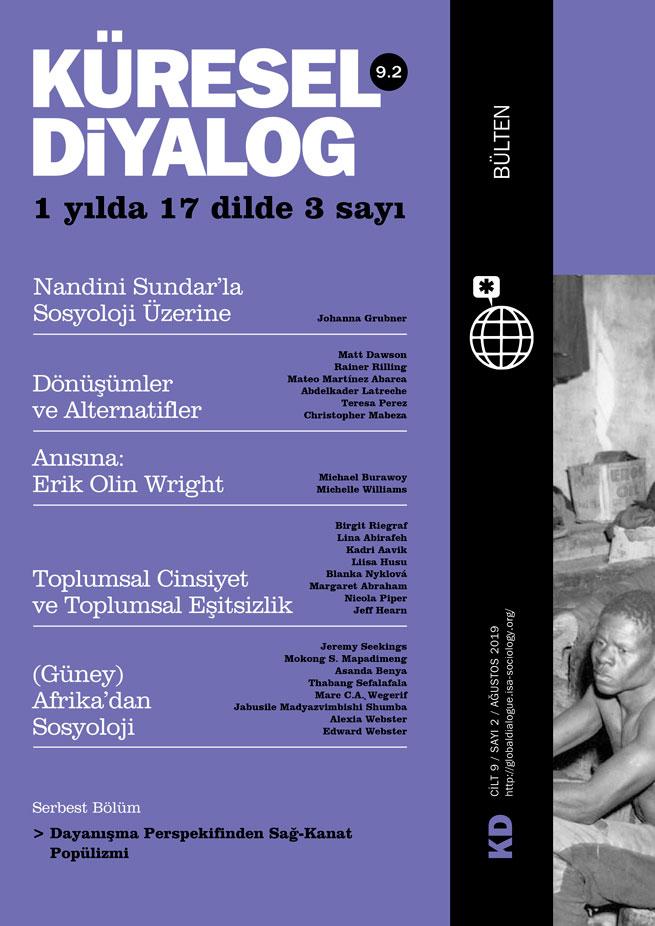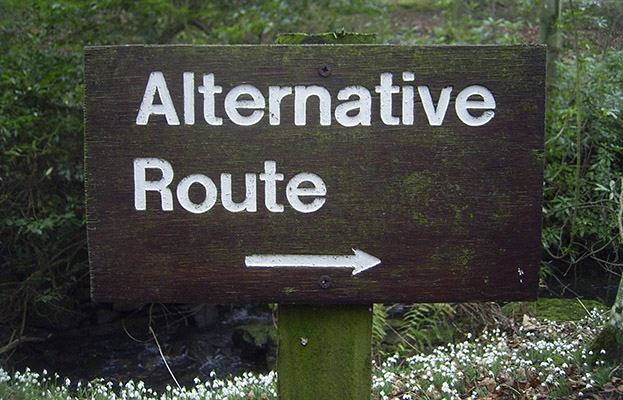“So, what’s the alternative?” I can’t be the only sociologist to be asked what alternatives sociology has to offer to the social problems it so carefully catalogues. It was partly this questioning, and my occasional inability to answer it, that encouraged me to write Social Theory for Alternative Societies, where I attempted to outline a collection of alternatives offered by sociologists. Doing so taught me that there is a rich history of sociological alternatives. As others have pointed out, a discipline which, as sociology increasingly does, bases itself on critique and questions the inevitability of what is, automatically confronts the question of what could be: the question of alternatives. For sociologists grappling with this quandary today, an awareness of the history of these alternatives would be useful.
What we see when we study this history is the close connection of critique and alternative. Even Karl Marx, who famously quipped that he was not “writing recipes for the cookshops of the future” used ideas of what communism could look like – eradication of private property, the lessening of the division of labor, work becoming our “foremost need” etc. – as ways to enhance his critique of capitalism. The same can be found for later Marxist writers, whether it was Henri Lefebvre using the alternative of autogestion (self-organization and management) to illuminate the ways in which everyday life was manipulated, Herbert Marcuse highlighting the “new subjectivity” for humanity suggested by the “great refusal” movements of the 1960s and 70s or Angela Davis’ advocacy of prison abolition as a response to the pernicious prison-industrial complex. These Marxists were united in seeing some visions for alternatives as useful and necessary to question the permanence of what is.
Sociologists from other perspectives shared this view on the intimate connection of critique and alternative, across numerous contexts. Émile Durkheim offered multiple alternatives, including the banning of inheritance. Inheritance was presented as incompatible with the emerging modern France with its focus on individualism and meritocracy, while also exacerbating problematic forms of economic inequality, therefore it should be banned. In Scotland, Patrick Geddes sought to overcome the overcrowding and unhealthy conditions of the industrialized city with a system of “conservative surgery” which redesigned cities with a focus on civic spaces. The old town of Edinburgh still shows the impact of his ideas in the Patrick Geddes Heritage Trail. Meanwhile, in the US, W.E.B. Du Bois responded to changing regimes of racial inequality with different alternatives. He moved from an optimistic, liberal belief in science and education expressed in his advocacy of “Negro Academies” to a radical claim for black economic segregation to indicate the possibility of an alternative beyond capitalism.
Given C. Wright Mills’ claim in The Sociological Imagination that sociology is trying to make society more democratic, it is unsurprising to also see alternatives which focus on enhancing democracy. In Chicago, George Herbert Mead highlighted the difficulty for the “genius” of all people to be expressed in a democracy which reduced politics to the battle of “personalities” and instead advocated a set of social reforms – social settlements, city clubs, immigrant protection leagues, strike arbitration, suffrage campaigns, special needs education – which ensured all citizens had the chance to express themselves democratically. Meanwhile, exiled in London, Karl Mannheim outlined a system of “militant democracy” with a set of strictly enforced central democratic values and a “new ruling class,” educated in sociology, to avoid the rise of fascism.
Feminist sociology has also made a significant contribution to the quest for alternatives. Selma James and Mariarosa Dalla Costa, responding to previous writers such as Margaret Bentson who had advocated socializing housework, presented wages for housework as a way to overcome the inequities of patriarchy. They also hoped through this to make women a central part of the revolutionary struggle for a socialist society. Later, responding to worries that pornography had “sexualized hierarchy” and reproduced notions of women as primarily sources of satisfaction for men, Andrea Dworkin and Catherine MacKinnon sought to ban pornography. In response, feminists such as Lynne Segal and Sheila McGregor argued that rather than seeking to ban pornography we should seek out more feminist expressions of sexuality.
These alternatives, and others such as Anthony Giddens’ “Third Way,” Ulrich Beck’s advocacy of “A Europe of Citizens,” or those of the many sociologists who have contributed to the debate on the basic income suggest a need for sociology to consider the nature of its public interventions. While Michael Burawoy’s advocacy for “public sociology” has encouraged sociologists to reflect on the nature of their public activity this has, at times, been removed from historical examples of public sociology. However, when we look at this history through the lens of how sociologists have offered alternatives, we find rich examples for the current day, from Geddes’ urban redesigning, Mead’s community organizing, Davis’ anti-prison activism to Mannheim’s radio lectures. Such a focus also reminds us of the role fiction has played in allowing sociologists to outline their alternatives. Perhaps most significant here is Charlotte Perkins Gilman’s feminist utopia Herland, with its emphasis on collective child-rearing and sustainable relationships between humanity and nature.
Ruth Levitas has suggested that, since we spend significant effort critiquing forms of inequality and power with the assumptions these could be removed, sociologists carry “silent utopias” in their work. I hope this short piece has shown that often sociologists have not been silent about the alternatives they have to offer. Sociology has a rich history of alternatives to seek inspiration from, debate and critique. When we are asked “so, what’s the alternative?” we have many answers to offer.
Matt Dawson, University of Glasgow, United Kingdom <Matt.Dawson@Glasgow.ac.uk>




